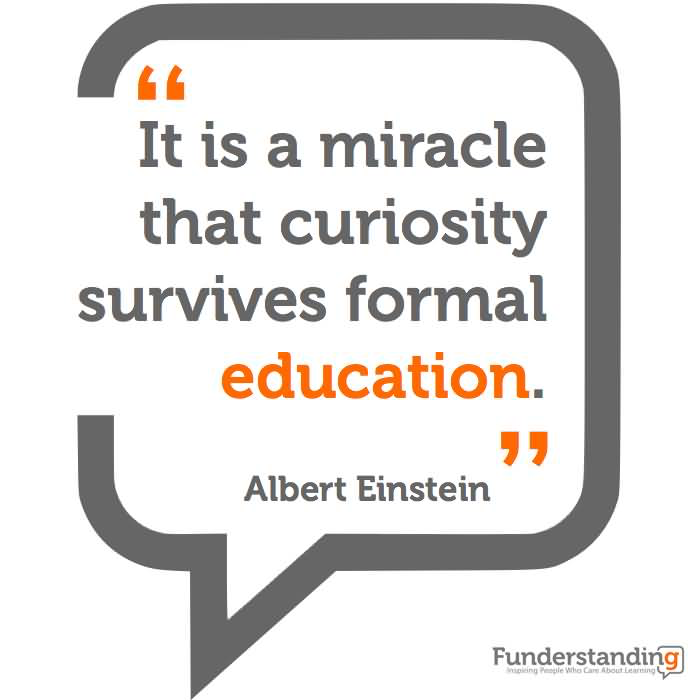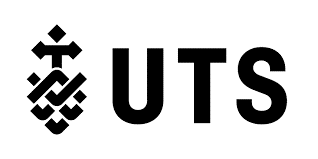
Social media, electric or hydrogen powered cars, alternative power systems are part of our current reality. Things that were, at best, dreams or science fiction in the middle of the 20th century when our school/education system was created.
The world has changed and education needs to acknowledge this, not just in word but in the way we approach the preparation of our young people who will be launched from schools into the “real world”.
“You’ve got to embrace the future. You can whine about it, but you’ve got to embrace it.” Matt Groening
In the face of a surge of politically powered demand to return to the “traditional” modes of teaching and learning, many schools have bravely decided to adapt their teaching and learning to the needs of their students’ future, not to suit political news grabs.
“If a politician, with no expertise, wants to change education, and if educational bodies that set standards for schools and teachers let that happen, then these are political (not educational) decisions. Schools and teachers are not accountable for other people’s point-scoring – just education.” Briony Scott, principal Wenona School.

These schools see their evolution into a real 21st century educational provider as an essential investment into the future of their students:
- providing them with preparation for post school learning (prepared to be lifelong learners),
- skills that translate into the modern workplace (breaking down traditional subject silos that usually do not exist in the workplace), and
- increasing their employment potential in industries that will survive and thrive in the future.
“Education brings social change both to the individual and the community at large. Teachers are the agents of change, education the stimulus and the students are the recipients and preservers of change. At the individual level, education eradicates ignorance. Students learn their importance in society through education.”
Coincidentally, many of these schools also manage to achieve excellent academic results in the Higher School Certificate, which is currently being reviewed to bring its form and function into this century.
Acknowledging the imperative for schools to prepare students for the future and to reflect the demands that our graduates will face in further education and employment, St Columba spent valuable preparation time at the beginning of 2022, working with two UTS educators (Prof Louise McWhinnie and Jacqueline Melvold, University of Technology Sydney, Faculty of Transdisciplinary Innovation) to ensure that our teaching and learning is designed to meet the needs of our students, not just a rehash of the facts and figures model of the last century.

What is transdisciplinary thinking?
Transdisciplinary thinking seeks to build bridges between fields of study and expertise so diverse perspectives can intersect, ideas can be shared more fluidly between industries, and people can thrive through exposure to new ways of thinking. Transdisciplinary thinking illuminates possibilities for the future by building on multiple ways of knowing, uncovering novel approaches to the challenges of our time.
In adopting this approach, we do not eschew the importance of a depth of knowledge in subjects, but add to factual learning a focus on cross-sectional learning, skill development and an ability to retain the curiosity that will allow our students to grow, continually learn and be a vital part of a future that we can only imagine today.

After almost forty years in education, I could not be more excited by the model of education that St Columba is developing, in concert with universities, businesses and other great schools.
We believe that in taking this time to examine how we can do even better in the future, we are taking the steps necessary to ensure our students have access to the kind of education that opens up the potential for an exciting post Secondary School future.
“If we were logical the future would be bleak, indeed. But we are more than logical. We are human beings and we have faith and we have hope and we can work.” Jacques-Yves Cousteau
Terry Muldoon
Principal
Want to share your thoughts on this story, or do you have something you’d like to add? Email me at principal@scas.nsw.edu.au

